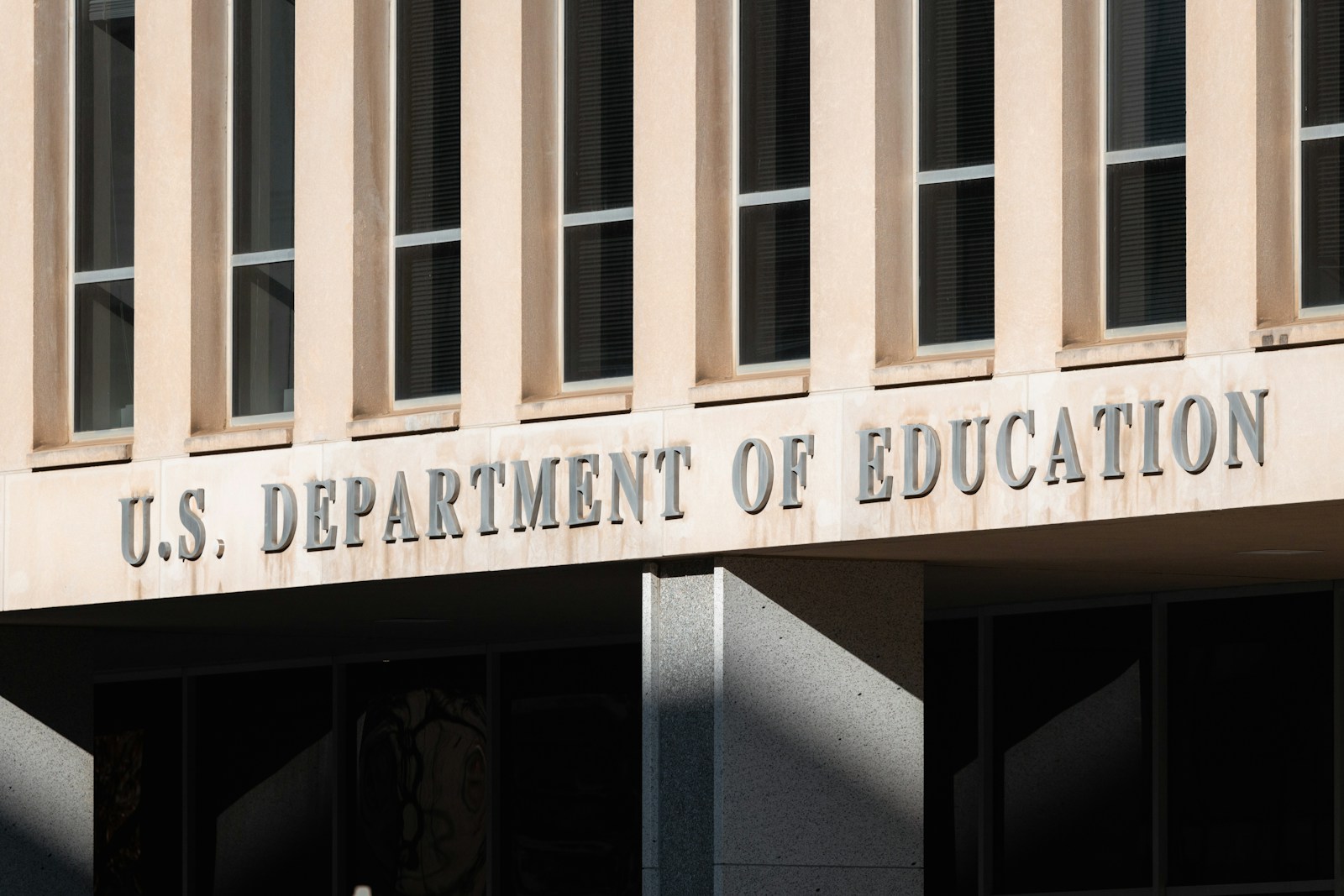Key Takeaways
1. Black teachers show students that success is possible
2. Students trust Black educators for empathy and support
3. Only four percent of teachers in Pennsylvania are Black
4. Black teachers improve grades, attendance, and college plans
5. Schools can learn from Black teacher methods to help all students
Introduction
Zikia is a senior in Philadelphia. She felt torn between two top colleges. Her charter school held a college decision ceremony the next day. She needed help deciding. So she texted her favorite teacher late at night. He was the only Black educator on her schedule. She said she could not do that with her other teachers.
A Gap in Representation
In Pennsylvania, nearly fifteen percent of students are Black. Yet only about four percent of teachers are Black. In many schools, no teacher of color works at all. This gap creates a mismatch between students and staff. It leaves some learners without role models who look like them. It also means many students miss out on key support.
Why Students Seek Black Teachers
In interviews, seniors spoke up about their Black teachers. They said these educators helped them plan for college and life after high school. Students did not just note shared race. They pointed to how these teachers cared for them. They called out empathy, understanding, and real interest in their goals.
“For me, seeing a Black teacher succeed shows that I can do it too,” said one student. This feeling of shared success comes from seeing someone with a similar background win at life and work. Experts call this descriptive representation. It helps students picture themselves in those roles one day.
Building Trust and Empathy
Beyond sharing identity, Black teachers offered what students called substantive representation. They understood challenges that minority students face both in and out of school. They listened without judging and pushed students to grow.
One senior explained that he saw his Black teachers as guides. He said they treated him like a person first. He could share his worries about tests or life. He felt they cared about his well-being, not just his grades.
Meanwhile, some white teachers struggled to strike that same balance. They either acted too lenient or too strict. Students said they often needed warmth and clear expectations at the same time. Black teachers seemed to manage both with ease.
Moreover, these educators often knew more about local colleges that welcome Black learners. They could speak from experience about campus life at historically Black colleges. They also warned students about what to expect as a racial minority at other schools. Their advice felt real and practical.
Impact on Student Success
Research shows that Black students benefit when they learn from Black teachers. Test scores in math and reading often rise. Absenteeism and suspension rates drop. In the long term, students earn more honors credits and graduate more often. They also enroll in college at higher rates.
In one study, students with Black teachers gained confidence in their work. They felt more motivated to tackle hard tasks. They said they believed their teacher would not give up on them. This trust led to better class participation and homework habits.
Importantly, these gains did not vanish when students left the class. They carried higher levels of engagement into other subjects. They also applied advice from their Black teachers to career plans and life goals.
Lessons for All Educators
These findings suggest that Black teachers bring special skills to the classroom. They build strong bonds with students. They set high standards and offer help along the way. They share cultural insights that others might miss.
However, all teachers can learn from these methods. Any educator can practice active listening. They can show genuine interest in each student’s story. They can set clear goals and check in often. They can learn about their students’ cultures and communities.
Such actions help every learner feel seen and valued. They boost confidence and promote success. They also create a more inclusive school culture overall.
Moving Toward More Representation
Students hope to see more Black teachers in their schools. That goal remains distant in many areas. Hiring practices often rely on traditional recruitment channels. These channels may not reach diverse candidates.
In addition, some districts struggle with budget cuts and teacher shortages. They focus on filling posts quickly rather than seeking diverse applicants. As a result, schools fail to mirror the racial makeup of their students.
To change this, districts can partner with local colleges. They can offer scholarships and mentorships to aspiring teachers of color. They can create clear hiring plans that target underrepresented groups. They can also provide support and training to retain teachers once they arrive.
Conclusion
Black teachers play a vital role in helping students dream big and reach their goals. They offer real-world insights, empathy, and high standards. Yet they remain a small fraction of Pennsylvania’s teaching force.
By hiring more Black educators and training all teachers in relationship-building practices, schools can narrow the gap. Students then benefit from both shared identity and supportive teaching methods. In turn, more young people will step boldly toward college and career success.
All students deserve adults in school who believe in them deeply. Black teachers have shown just how powerful that belief can be. It is time to bring more of those voices into every classroom.
